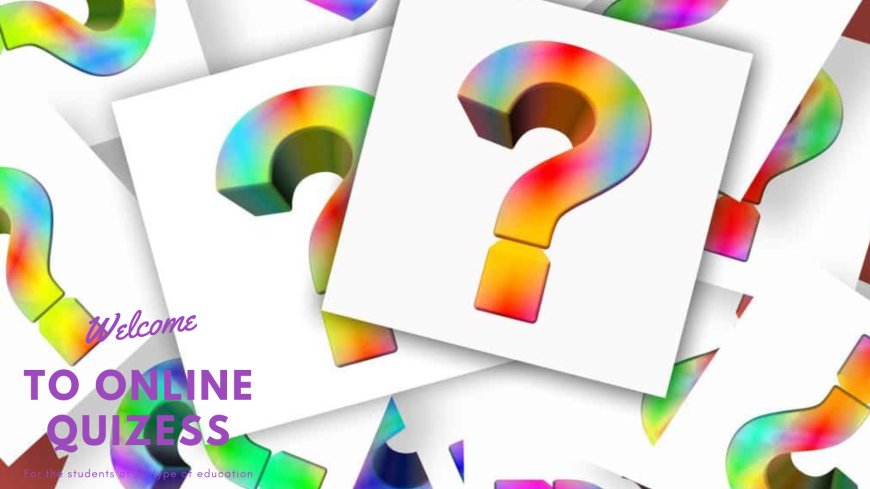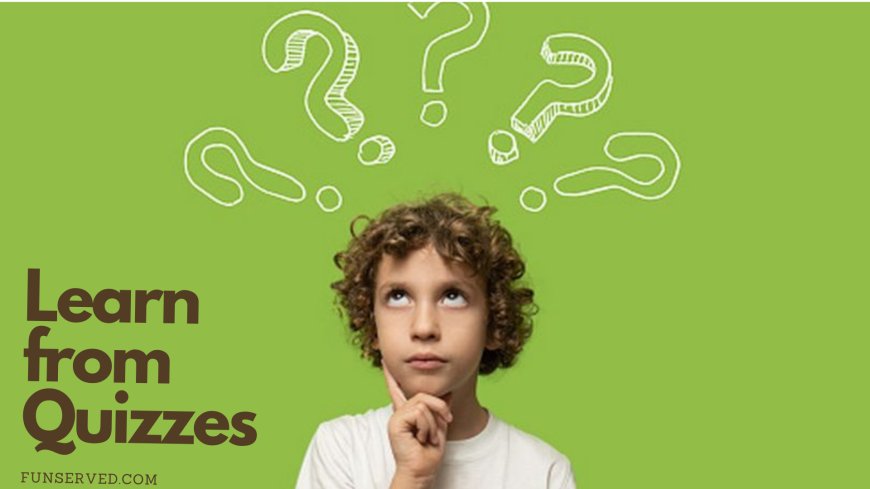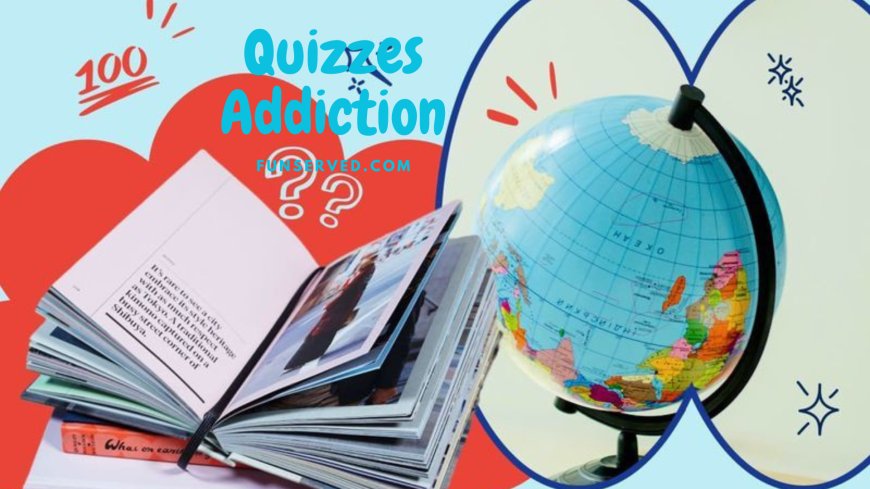Are You Addicted to Online Quizzes? The Science of Quiz Addiction
Discover the science behind quiz addiction, from dopamine surges to algorithmic reinforcement. Learn how to end the cycle and maintain command.

Are You Addicted to Online Quizzes? The Science of Quiz Addiction
You're procrastinating from work or chores by idly browsing through your social media page when all of a sudden, you come across it: a survey that promises to tell you which Marvel character you most resemble and why. You'll need to click on it.
After answering twenty questions and spending five minutes on the test, you will find out whether you are Iron Man, and you may find that your outlook on life has improved. But what happens when this once-in-a-lifetime experience becomes a daily or even an hourly routine? Hello, and welcome to the confusing and addicting world of online quizzes.

The Hook: Instant Gratification & Personal Insight
What Makes Quizzes So Tempting?
The results of an online quiz are available almost immediately. After responding to a few questions, you will be presented with a profile that asserts to uncover a previously unknown aspect of your personality or your destiny. Instant gratification is very appealing to humans. They also appreciate having personal thoughts shared with them. The two things together are impossible to refuse.
The scientific study of one's own mental constructs
The journey toward self-awareness is one that lasts a lifetime. Online quizzes, which are often presented in a light-hearted and non-confrontational way, offer the promise of a quick cut to this kind of reflection. You are not sitting in a therapist's office; rather, you are relaxing on your own sofa and gaining insight into yourself without feeling any anxiety.
The Neuroscientific Angle: Dopamine & Reward Circuits
What is Dopamine?
Dopamine is a neurotransmitter that is released by your brain as you get to the final question of a test and anxiously wait for the outcome. The reward system in our bodies relies heavily on this molecule as a key component. It's the same neurotransmitter that gets stimulated when you eat chocolate, when you watch an episode of your favorite program, or when you get praise.
The Never-Ending Cycle of Addiction
After completing one test and experiencing the rush of dopamine it provides, you find yourself wanting more. You won't even have time to realize it before you're completing tests to find out what kind of bread, 80s music, and even rock genre you are. With each new test, the dopamine feedback loop is strengthened, drawing you further into a dangerous revolving door of addiction.

Algorithmic Reinforcement
Understanding Algorithms
Data about how you engage with a platform is gathered by algorithms, which are then processed using machine learning. This data includes the clicks you make, the amount of time you spend on a website, and even the scrolling speed you use. It is possible for computers to make predictions based on this information and deliver material that will keep you interested for longer periods of time.
The Logic of AI
The ability of these algorithms to learn from your actions is what makes them extremely sneaky. Because of this, it becomes progressively more difficult to escape their sway as they continue to evolve. Every test you complete adds another data point to the algorithm, which in turn helps it understand you better.
The AI-Proof Argument: Can You Escape the Algorithm?
Understanding the Limits of AI
Even with all of its recent advancements, artificial intelligence still has several serious shortcomings. For instance, it uses previous activities to make predictions about the actions that will occur in the future. This predictability is a flaw in their strategy.
How to Avoid Being Fooled by AI
Do you want to throw the algorithm off? Start by mixing up the kinds of things you do online. You should interact with certain pieces of material or publications that you normally wouldn't. This strategy will make it challenging for algorithms to construct a cohesive data profile, which will result in a decrease in the predictive capability of the algorithms.

Frequently Asked Questions
Q. Do Online Quizzes Inherently Possess a Dangerous Nature?
Even if taking the tests itself isn't likely to do any damage, the addictive behavior that they can inspire might be. It is crucial to keep things in perspective and not let quizzes take the place of genuine self-discovery or contact with other people.
Q. Is It Possible for Me to Become Addicted to Quizzes?
Addiction to chemicals is just one facet of a more complicated problem known as psychological addiction. Even if there is no such thing as "quiz addiction" according to medical professionals, the loop of dopamine release and algorithmic reinforcement might lead to obsessive behavior.
Q. What can I do to get out of this cycle?
Having an awareness of something is the first step toward changing it. It could be useful to cut down on the amount of tests you take and look for other methods to satisfy your need for stimulation and satisfaction.
Q. Is it Possible to Completely Avoid Being Influenced by AI?
There is never a stop to the development of algorithms. Even if there are tactics you can use to briefly confuse them, the goal of being completely unexpected is an ambitious one.
Q. What Happens If I'm Unable to Stop?
If you discover that taking quizzes is having a negative impact on your life, you might think about getting assistance from a trained specialist. Psychological counseling may facilitate the development of more effective coping skills.
Conclusion
The appeal of the digital era includes activities such as taking online quizzes for amusement. However, if we are able to identify the underlying psychological and neuroscientific variables at play, we may better exercise control over this behavior, even if it may seem to be harmless. Therefore, the next time you feel the attraction of a questionnaire that claims to tell you which historical figure you were in a prior life, take a minute to think before you answer any of the questions.
Is this a harmless pleasure, or are you sinking more into a habit that algorithms and neurotransmitters have collaborated to create? If it's the latter, then you should probably steer clear of it. Keep in mind that the decision ultimately rests with you.
When you have a knowledge of the science behind quiz addiction, you give yourself the ability to interact with the digital world in a more mindful manner. And who can say for sure? It's possible that reaching that degree of self-awareness will shed more light on who you are than any online test ever could.
What's Your Reaction?











































